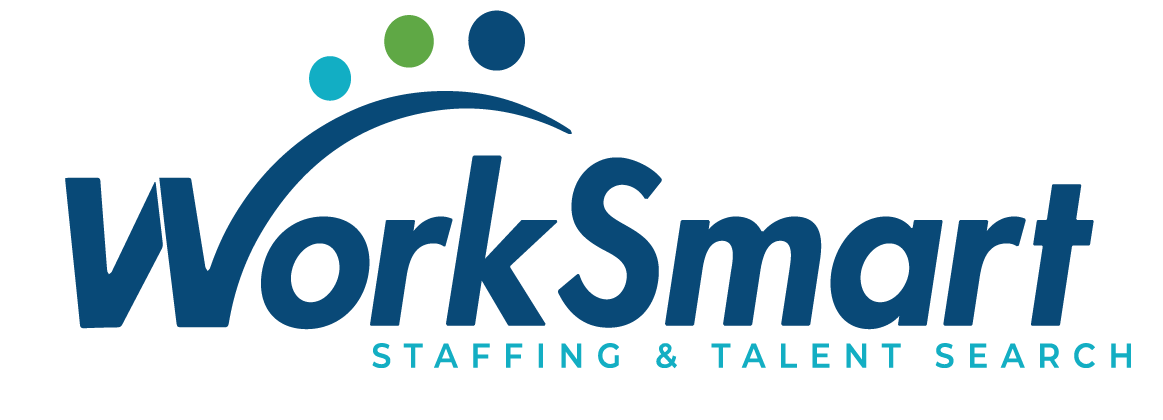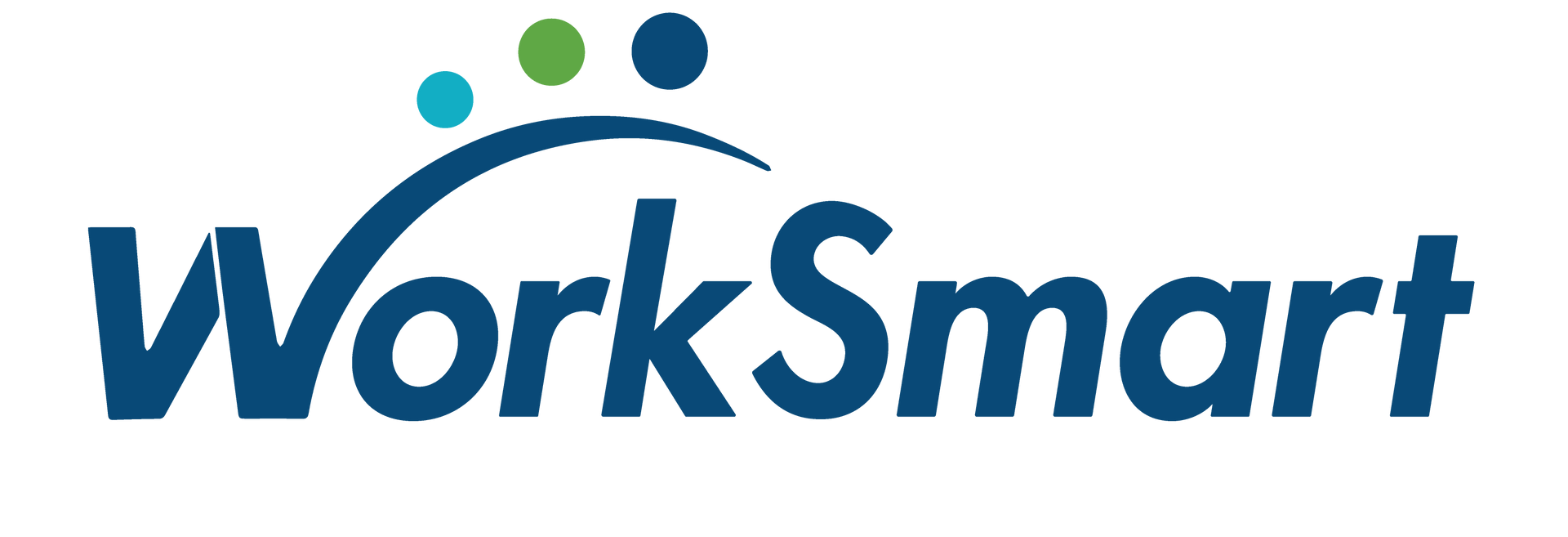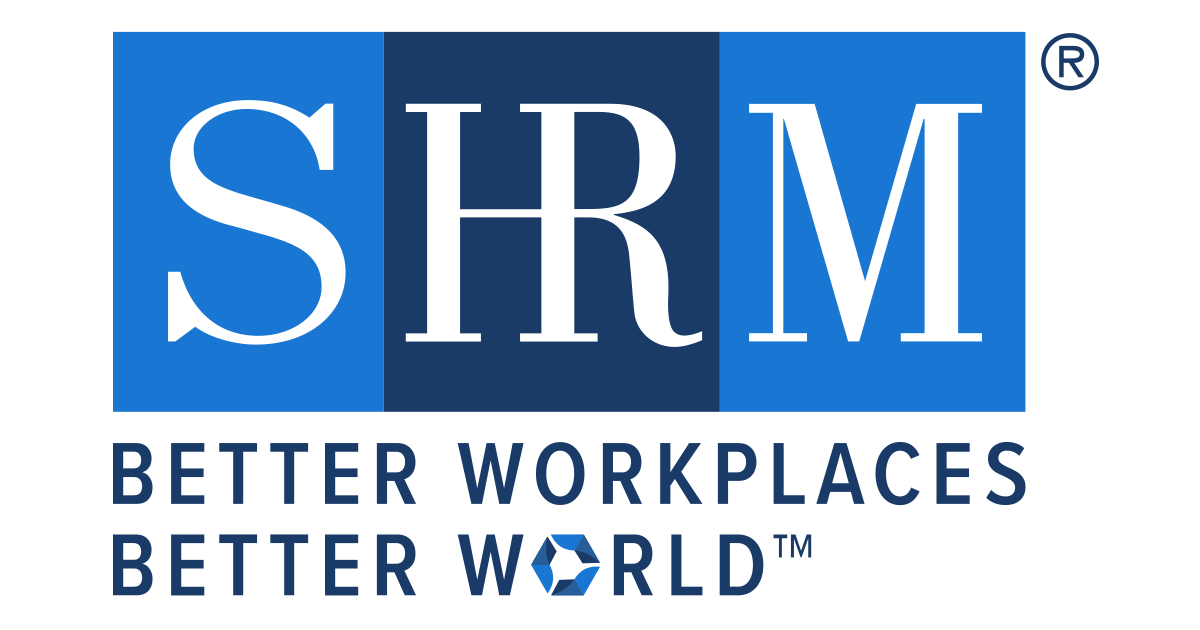
In today’s manufacturing world, production demands move fast, turnover is high, and skilled entry-level workers are harder than ever to find. Whether your plant runs three shifts of machine operators or a small team of maintenance and quality control techs, one thing is certain: a short-staffed floor costs money.
Yet, many manufacturers still try to manage recruiting internally, believing it’s cheaper or gives them more control. The truth is, that approach often costs far more in time, money and productivity, than partnering with a professional staffing agency.
1. The hidden costs of internal hiring
At first glance, hiring internally seems straightforward: post a job, interview candidates, make an offer. But once you account for the true cost of recruiting, the picture changes.
According to cost comparison analyses, hiring an entry-level employee internally can exceed $4,000–$5,000 per hire when you factor in job ads, HR and management time, background checks, onboarding and lost productivity during vacancies.
These hidden costs include:
- Job board and advertising fees (Indeed, ZipRecruiter, etc.)
- 15–20+ hours of HR and management time per hire
- Drug testing and background checks
- Payroll setup, compliance, and onboarding administration
- Turnover replacement when a hire doesn’t work out
Every day a position remains unfilled costs your plant in overtime, slower throughput, and employee burnout.
A staffing agency, by contrast, assumes these costs upfront, and you only pay when a qualified worker starts.
2. Faster time-to-hire keeps production moving
Manufacturers can’t afford slow hiring cycles. Production lines don’t pause while HR screens résumés.
Studies show that the average internal time-to-hire is about 40 days, compared to roughly 10 days when using an agency, often times quicker if the skill set is common. That massive difference translates directly into output, meeting customer deadlines, and maintaining morale.
Staffing agencies maintain ready-to-deploy pipelines of pre-screened talent (machine operators, forklift drivers, packers, assemblers and quality inspectors) who have already passed compliance and assessment checks.
Instead of starting from scratch with every vacancy, you can have vetted candidates on-site within days instead of weeks.
3. Reduced turnover and hiring risk
The wrong hire can disrupt production, frustrate teams and lead to safety incidents.
Staffing agencies specialize in matching workers not just by hard skills, but by soft skills as well, such as attitude and reliability. The best agencies even take it a step further and account for environmental and company cultural preferences that can vary widely in the manufacturing world.
That’s why first-year turnover among agency sourced employees can be far less compared to internally hired employees.
Many manufacturers also use temp-to-hire programs, which allow you to evaluate a worker’s performance on the job before committing to a full-time offer. This “try-before-you-buy” model minimizes hiring risk and ensures better long-term retention.
4. Scalability and flexibility when you need it most
Manufacturing output often fluctuates with customer demand or seasonality. Internal HR teams can struggle to ramp hiring up or down quickly without creating burnout or backlog.
Staffing agencies are designed for flexibility. They can:
- Scale up during production surges or peak seasons
- Provide coverage for absenteeism or turnover gaps
- Adjust hiring volume as contracts expand or wind down
Instead of maintaining a large recruiting department, you gain access to a scalable workforce engine that expands or contracts with your needs without carrying permanent overhead.
5. Compliance and safety confidence
Regulatory and safety compliance are critical in manufacturing. From OSHA rules to I-9 documentation, every hire carries legal and administrative obligations.
Staffing agencies manage this process daily. They handle:
- I-9 and E-Verify documentation
- Background checks and drug screens
- PPE training and safety orientation
- Wage & hour compliance
Because they serve multiple manufacturers, reputable agencies have robust systems for documentation and risk mitigation, reducing your exposure and saving hours of administrative work.
6. Freeing HR to focus on retention, not recruiting
Internal HR departments in manufacturing wear many hats (employee relations, benefits, safety, payroll and compliance) while trying to fill open roles.
When HR spends its limited time posting ads and chasing applicants, employee engagement and retention suffer. Partnering with an agency allows your HR team to focus on higher-value initiatives: training supervisors, improving culture and supporting the employees who are already part of your team.
The staffing agency becomes an extension of your HR function, taking over the heavy lifting of sourcing, screening and onboarding while your team focuses on building a great place to work.
7. Access to a wider, higher-quality talent pool
Most internal job postings only reach active job seekers. Agencies, however, maintain databases of tens of thousands of pre-screened and passive candidates, including individuals who may not be actively applying, but are open to the right opportunity.
This reach means agencies can find reliable workers faster, especially in competitive markets where labor supply is tight. For entry-level manufacturing roles paying $15–$30/hour, these expanded pipelines often make the difference between a full shift and a half-staffed one.
8. Lower total cost and better predictability
While agency markups may seem like an added cost at first glance, they often reduce your total cost per hire once turnover, HR time, compliance and downtime are included.
Agencies also offer cost predictability, like a fixed hourly bill rate that covers wages, payroll taxes, workers’ comp, unemployment insurance and administrative costs. You can budget more accurately and avoid surprise HR expenses.
9. A strategic partner
In the past, staffing firms were seen as short-term solutions. Today, the best agencies operate as strategic partners that align hiring with your production goals.
They help you manage workforce stability, improve retention and strengthen culture by delivering people who fit your environment.
When your production schedule depends on reliable labor, a staffing agency is both a hiring shortcut and a performance safeguard.
The Bottom Line
Manufacturing success depends on throughput, uptime, and the quality of your workforce. When recruiting internally becomes a bottleneck, productivity and profit take the hit.
Partnering with a staffing agency:
- Cuts time-to-hire by up to 75%
- Can reduce turnover
- Provides labor flexibility for seasonal or volume changes
- Lowers total recruiting cost per hire
- Shifts compliance and administrative risk off your plate
- Frees HR to focus on retention and culture
In a labor market where 78% of employers struggle to fill hourly jobs, speed and reliability win. For manufacturers competing in tight labor markets, staffing agencies are no longer a backup plan; they’re a strategic advantage that keeps your lines moving, your costs controlled and your workforce strong.








